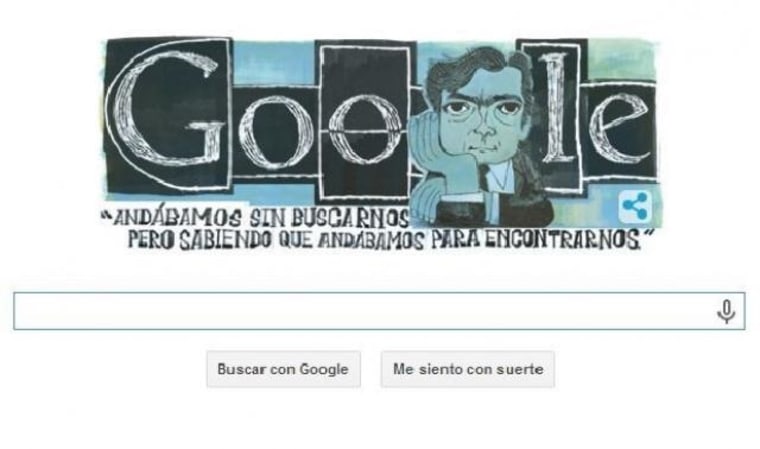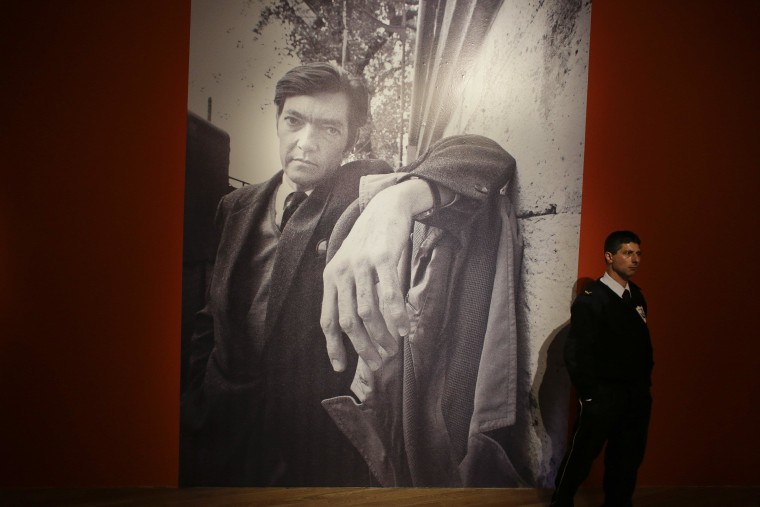Argentina is holding a big literary birthday party for one of Latin America's most well-known authors and intellectuals, Julio Cortazar. The Argentinian writer would have turned 100 on August 26th.
Among Cortazar's best known works is the 1963 novel "Rayuela" (Hopscotch), which is described as an "open ended" novel which can be read different ways. He was also the author of several short story books such as "Final del Juego" published in 1956. The acclaimed 1966 film "Blow Up", seen by generations of film students, was based on Cortazar's short story "Las babas del diablo" (The devil's drool).
Cortazar was also very politically involved, supporting left-wing movements and leaders such as Cuba's Fidel Castro and Chile's Salvador Allende.

Argentina is holding a three-day symposium on the author's work at the National Library and even reopened a 1954 cafe, London City, that Cortazar worked in and wrote about in his novel "Los Premios" (The Prizes). In his honor, Google had a Doodle on the iconic author with one of his quotes; "We were walking without finding ourselves but knowing we were walking to find ourselves."
